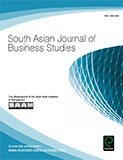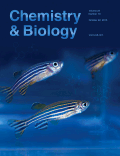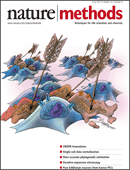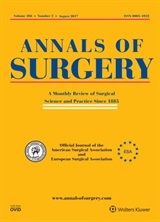 The researcher whose brazen theft of a manuscript he had reviewed prompted a “Dear plagiarist” letter from the aggrieved author once the deceit was discovered has lost a second paper for plagiarism.
The researcher whose brazen theft of a manuscript he had reviewed prompted a “Dear plagiarist” letter from the aggrieved author once the deceit was discovered has lost a second paper for plagiarism.
International Scholarly Research Notices, a Hindawi publication, has retracted a 2012 study by Carmine Finelli and colleagues, citing widespread misuse of text from two previously published articles. The removal was prompted by the curiosity of a scientist in England who, on reading about Finelli’s first retraction, made the logical assumption: once a plagiarist, often a plagiarist.
The review article was titled “Physical Activity: An Important Adaptative Mechanism for Body-Weight Control.” The journal is not indexed by Clarivate Analytics’ Web of Science, but the paper has been cited seven times, according to Google Scholar. According to the retraction notice: Continue reading Researcher who stole manuscript during peer review earns second retraction





 Yes, yes, we know: It’s easy to publish “fake” papers in journals and expose the inherent flaws of academic publishing. We’ve covered
Yes, yes, we know: It’s easy to publish “fake” papers in journals and expose the inherent flaws of academic publishing. We’ve covered 
 The Annals of Surgery has retracted a paper that used only male pronouns to describe surgeons following outcry from readers.
The Annals of Surgery has retracted a paper that used only male pronouns to describe surgeons following outcry from readers.